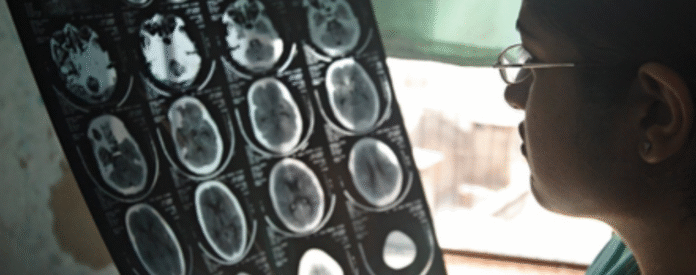NEW DELHI– More than one in three people worldwide are living with neurological conditions, while 11 million people die each year from brain-related disorders, according to a new report released Tuesday by the World Health Organization (WHO).
The report highlights an alarming global health burden, identifying stroke, neonatal encephalopathy, migraine, Alzheimer’s disease and other dementias, diabetic neuropathy, meningitis, idiopathic epilepsy, neurological complications of preterm birth, autism spectrum disorders, and cancers of the nervous system as the ten leading neurological conditions causing death and disability.
WHO estimates that neurological disorders now affect over 40 percent of the world’s population, yet fewer than one in three countries have a national policy to address the growing crisis. The disparity between rich and poor nations remains stark — low-income countries have more than 80 times fewer neurologists than high-income nations despite facing similar or higher disease burdens.
“More than one in three people in the world are living with conditions affecting their brain. We must do all we can to improve the health care they need,” said Dr. Jeremy Farrar, WHO Assistant Director-General for Health Promotion, Disease Prevention and Control.
“Many of these neurological conditions can be prevented or effectively treated, yet services remain out of reach for most — especially in rural and underserved areas — where people too often face stigma, social exclusion, and financial hardship,” Farrar added. “We must work together to ensure that brain health is prioritized and properly invested in.”
The findings, based on data from 102 countries, reveal that only 63 nations have a policy framework addressing neurological disorders, and just 34 have dedicated funding. Without sustained investment, the WHO warned, health systems will continue to struggle with fragmented care and limited capacity to serve patients.
Access to essential services remains uneven, with only 49 countries including neurological care in their universal health coverage programs. Facilities such as stroke units, pediatric neurology departments, rehabilitation centers, and palliative care services are often scarce or concentrated in major cities, leaving rural populations with little or no access to lifesaving treatment.
The WHO urged governments to take immediate action by making brain health a public health priority, strengthening health systems, and ensuring equitable access to neurological care under universal health coverage. (Source: IANS)












